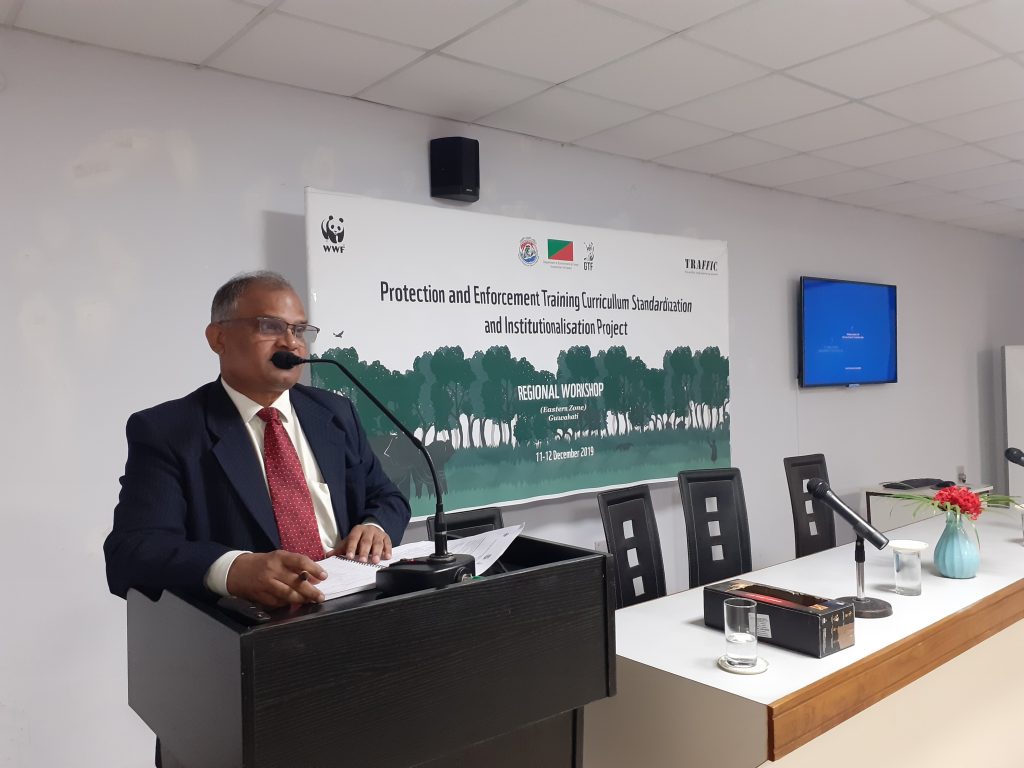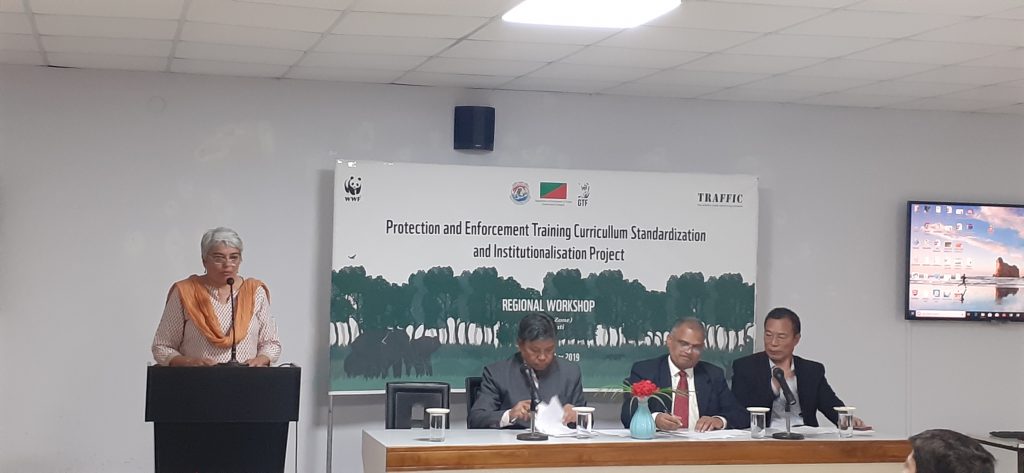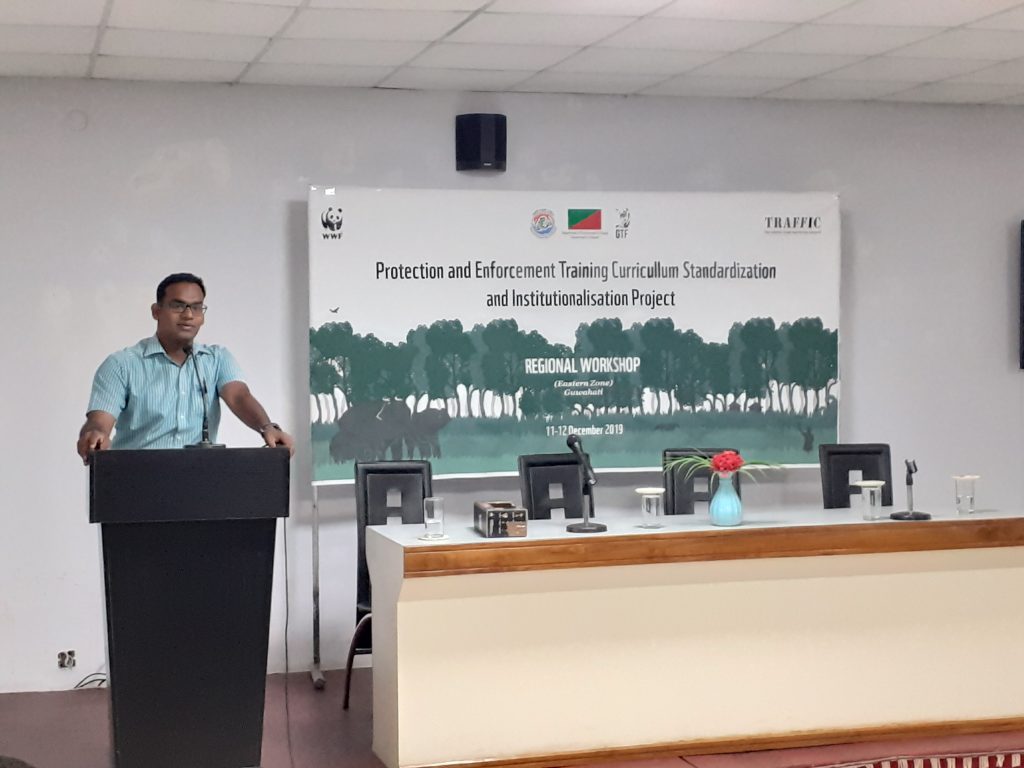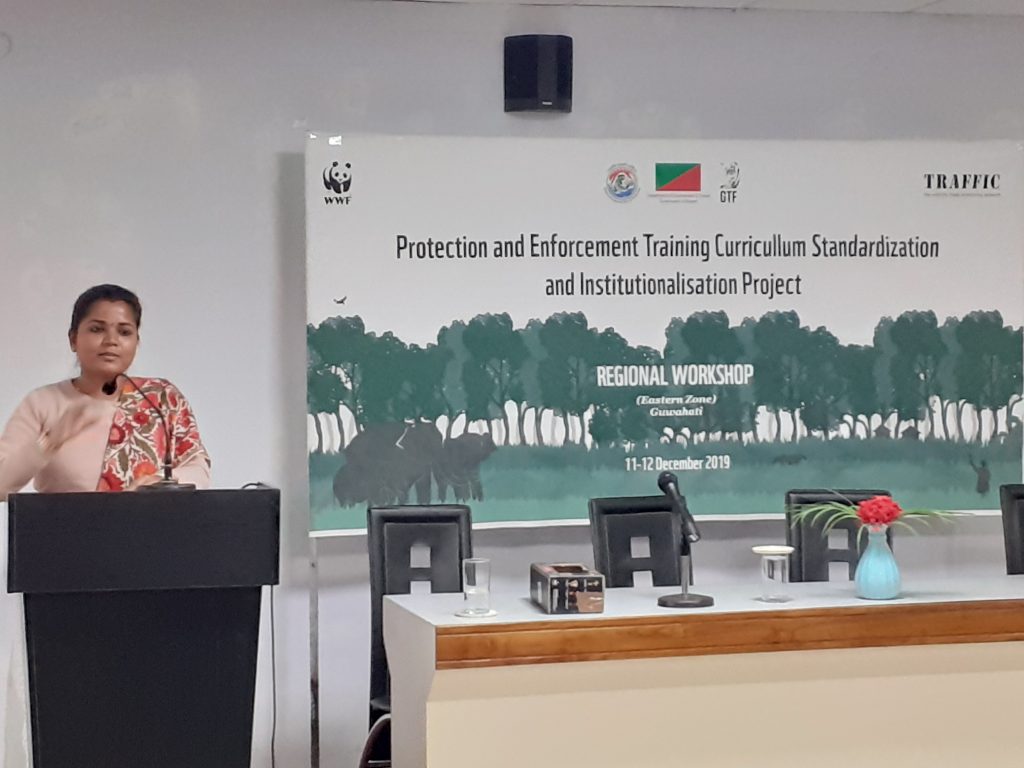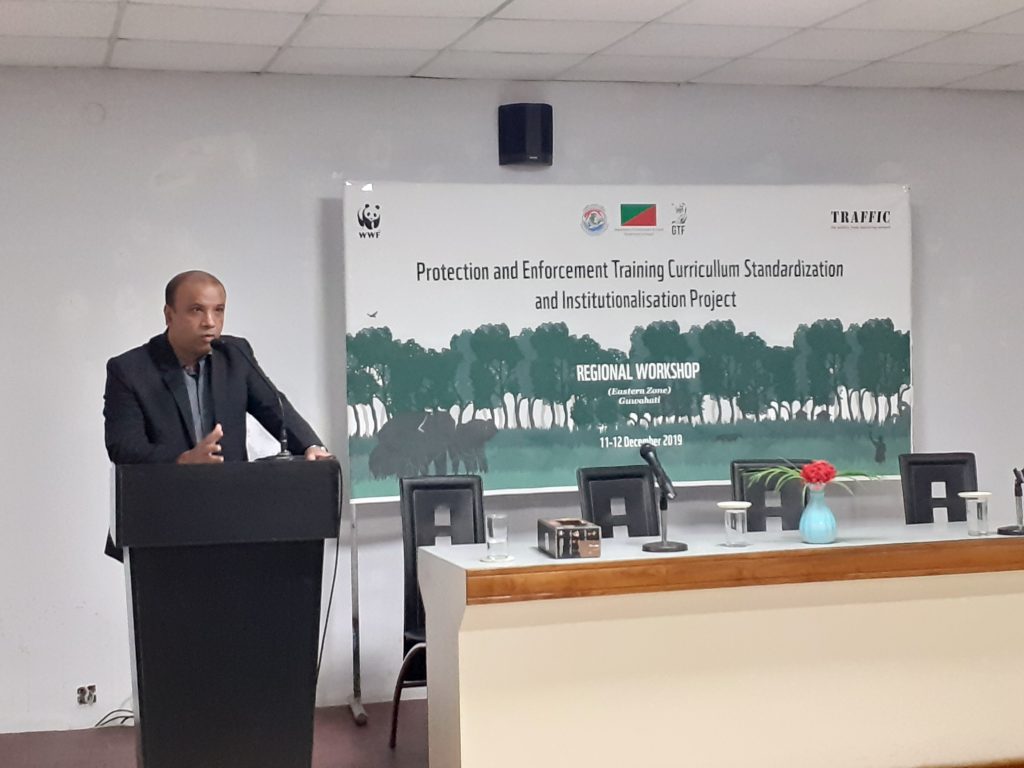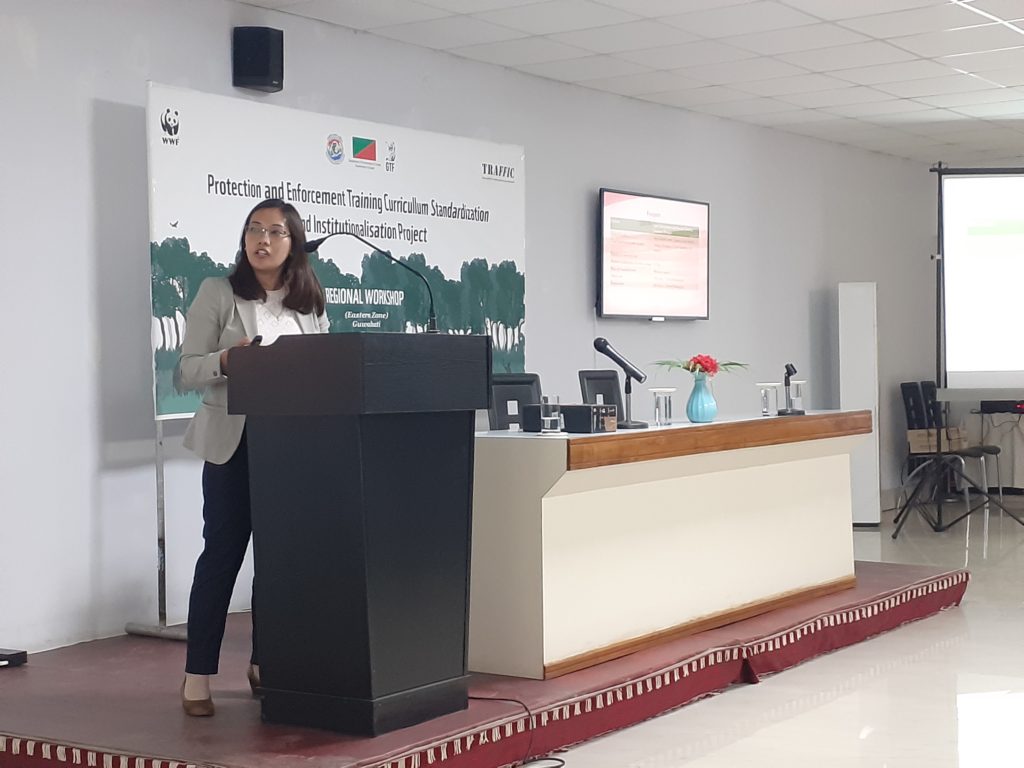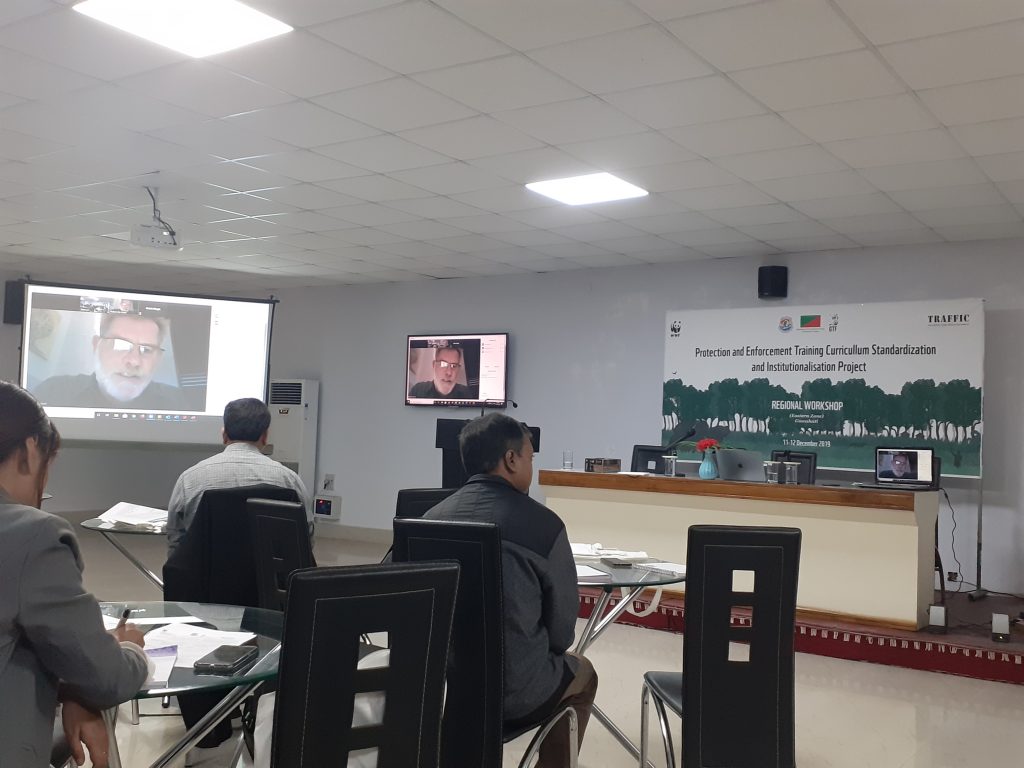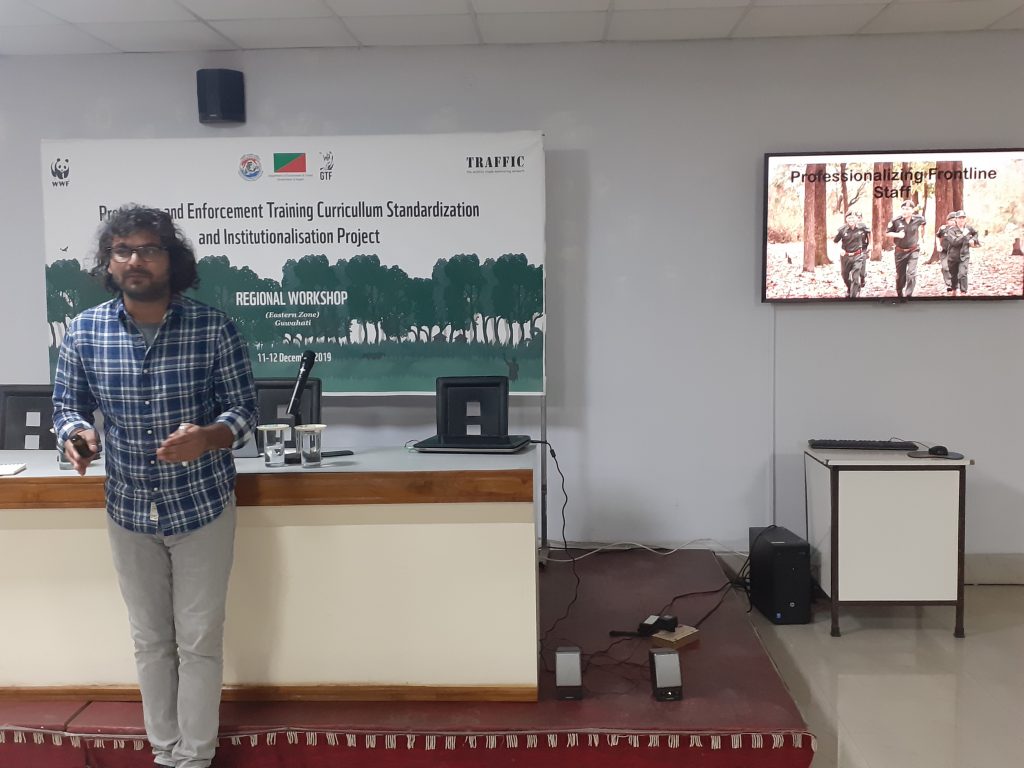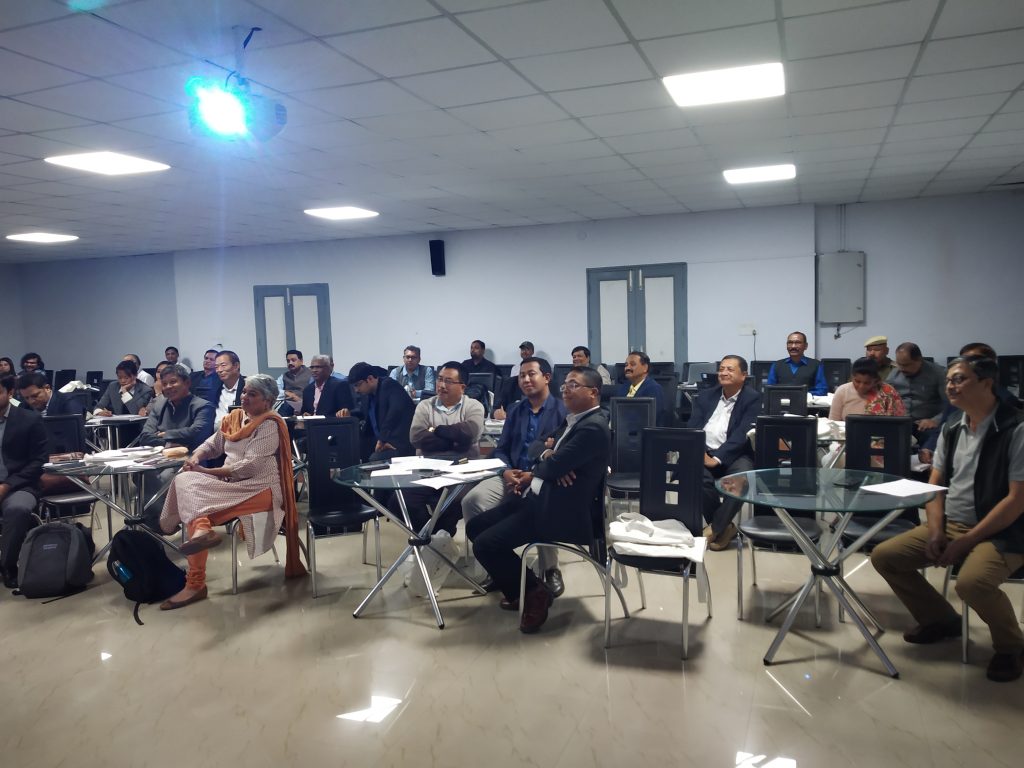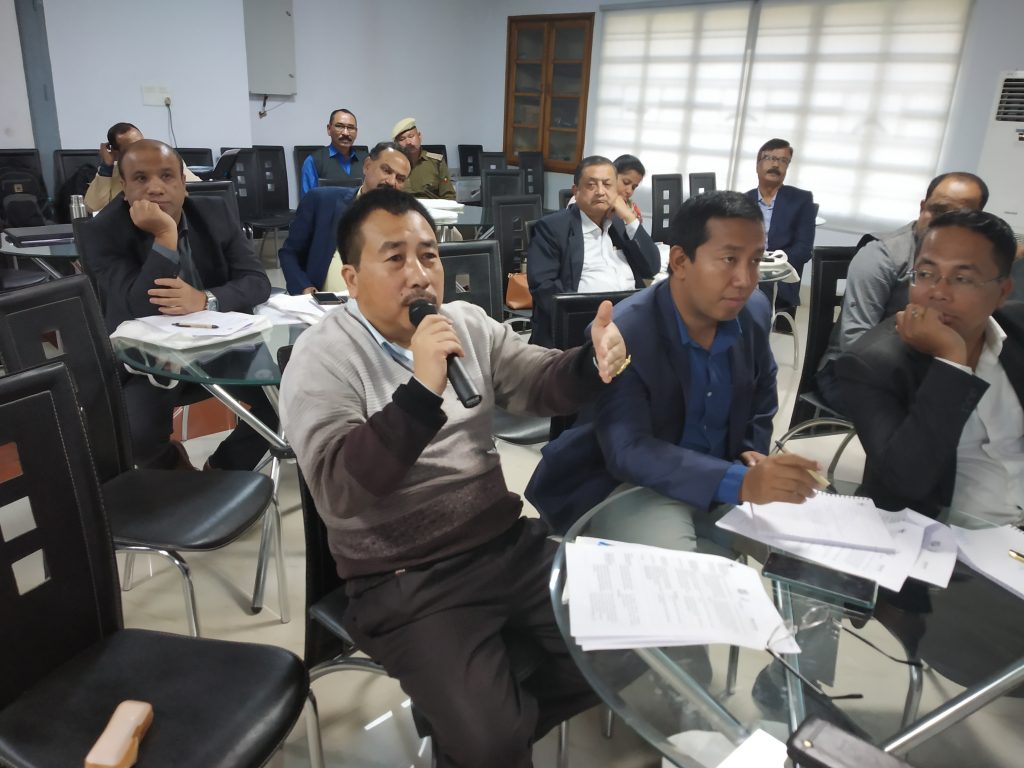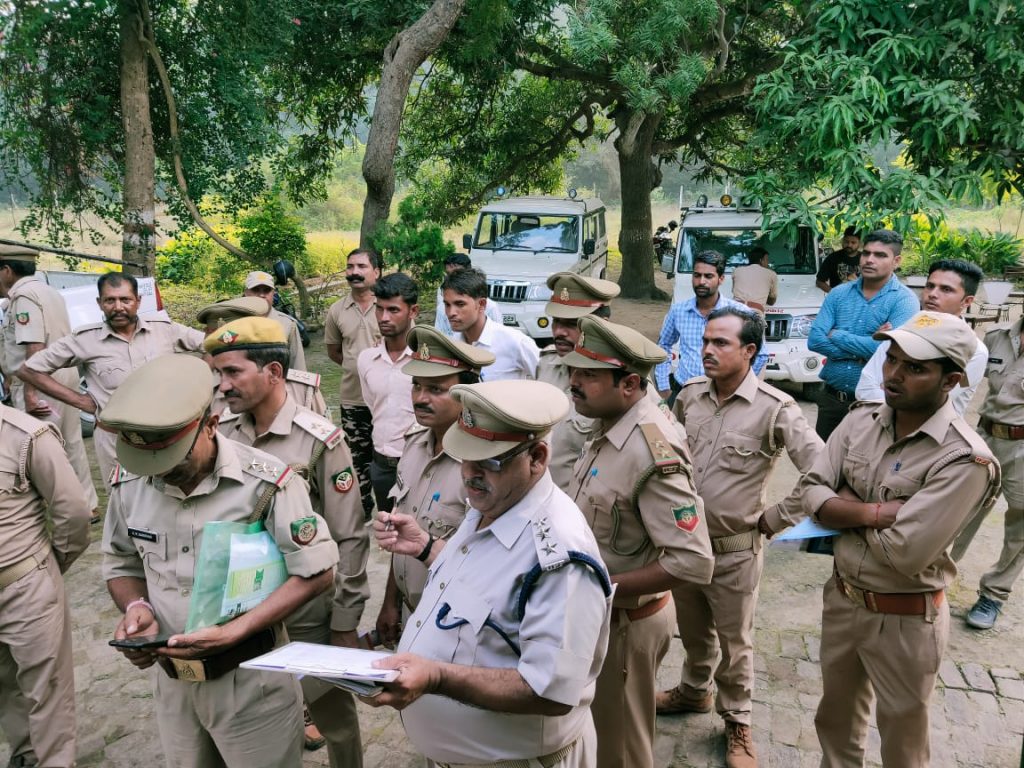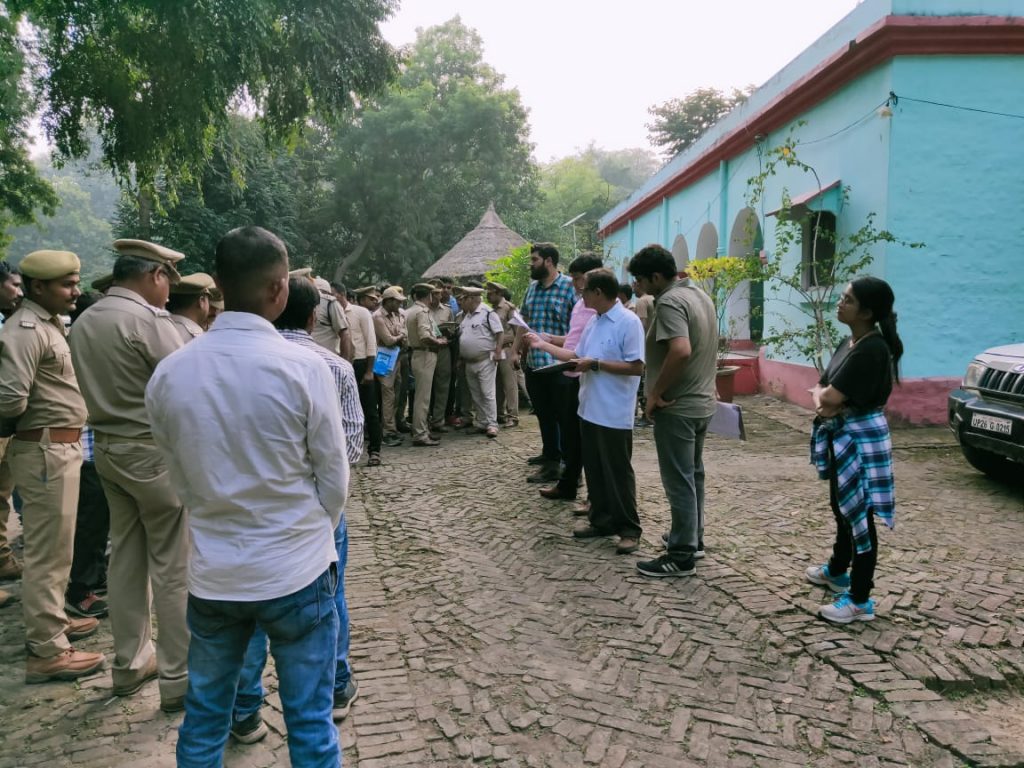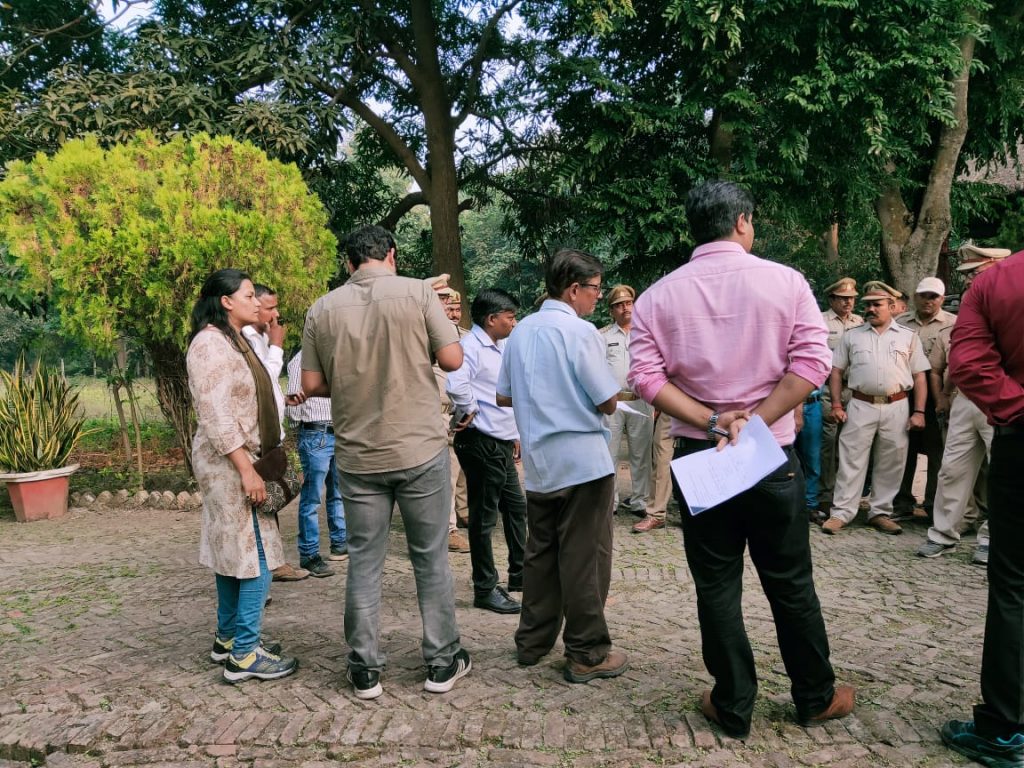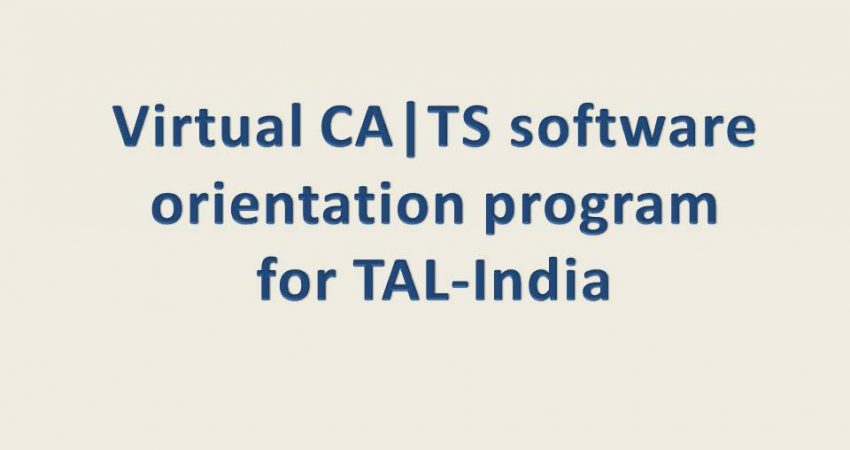
Virtual CA|TS software training
A virtual orientation program on CA|TS log software was organized by the Global Tiger Forum and WWF-India on 15 June 2020 for the CA|TS registered sites of Terai Arc Landscape (TAL) India.
The said training was conducted by CA|TS Manager, WWF-International and attended by senior officials/site managers from Uttar Pradesh Forest Department, Uttarakhand Forest department, CA|TS reviewer, GTF and WWF-India representatives.
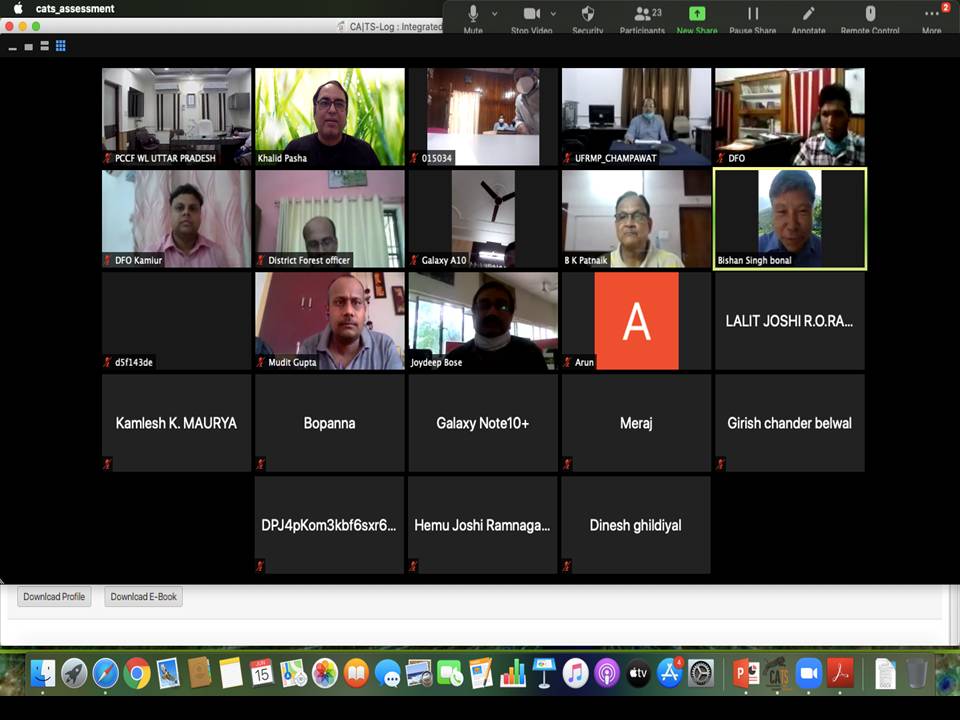

Proactive community stewardship programme
Pilibhit is well known for its ‘sugarcane tigers’. The tigers-human interface is a great challenge, warranting partnership with local people. GTF and U.P. Forest Department have launched a proactive community stewardship programme with gains to locals as part of Payment for Ecosystem Services (PES). Response is encouraging with regular updates!
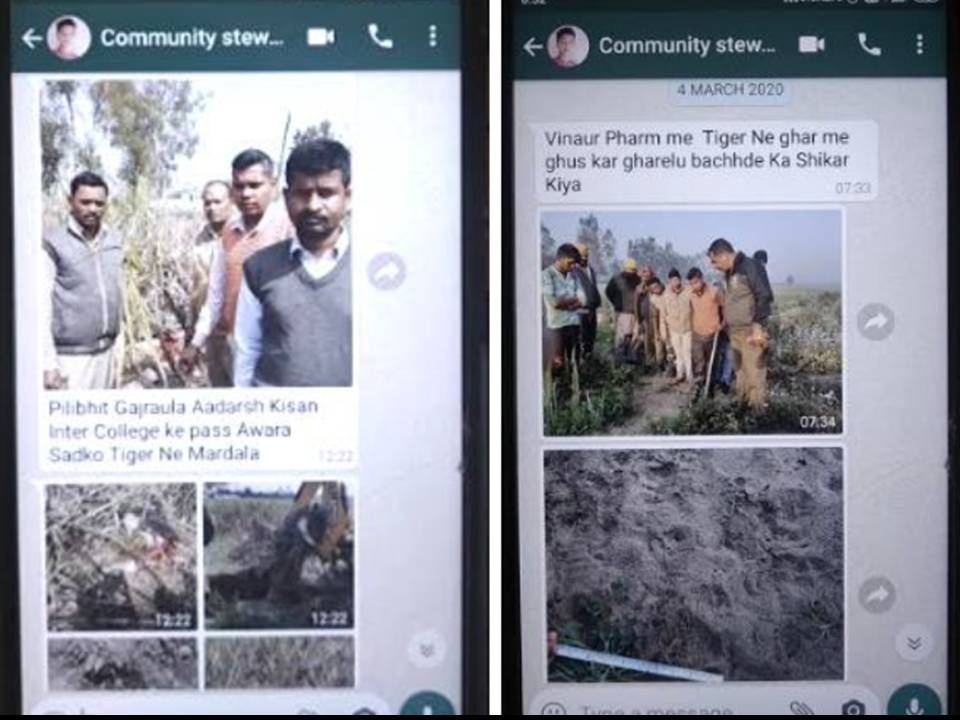
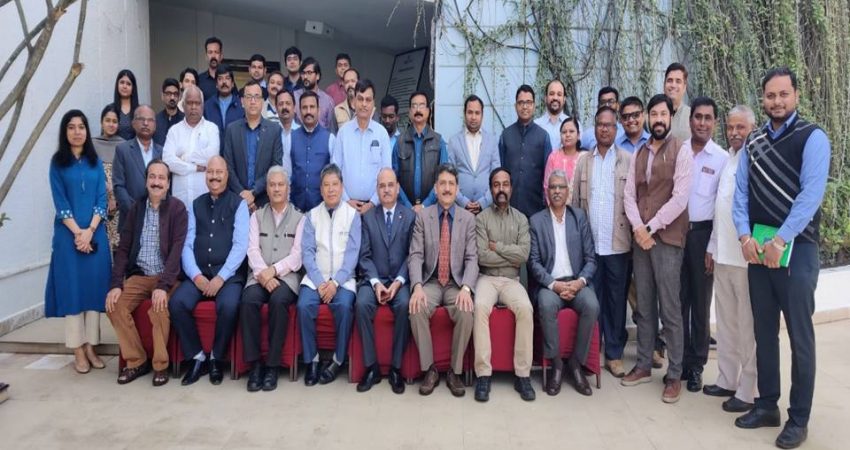
Central-Western regional workshop on standardization of frontline staff training curriculum at Nagpur
Under the ongoing Protection and Enforcement Training Curriculum Standardization and Institutionalisation Project, the second regional workshop for the Central and Western Zone was held at Nagpur on the 31st January and 1st February 2020. The workshop was attended by senior officials from forest departments and training schools of the states of Madhya Pradesh, Chhattisgarh, Rajasthan, Goa and Maharashtra along with participants from National Tiger Conservation Authority (NTCA), Central Zoo Authority (CZA), Global Tiger Forum (GTF), Wildlife Crime Control Bureau (WCCB), Wildlife Conservation Trust (WCT), WWF- India & WWF-International, TRAFFIC-India, School of Wildlife Forensic & Health, and Guru Govind Singh Indraprastha University.
The said workshop was conducted in continuation to the 1st regional workshop held at Guwahati, Assam in December 2019, for collecting inputs/suggestions from states of central and western region of India to draft a supplementary curriculum that compliments and strengthen existing syllabus of frontline staff.
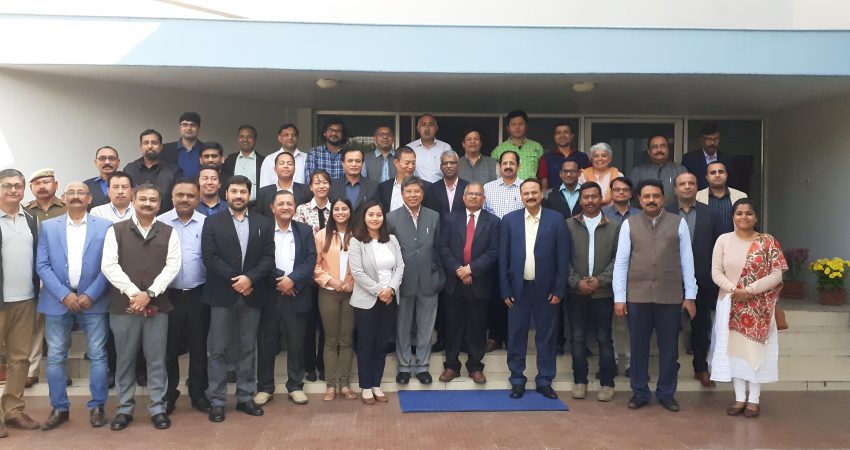
Eastern regional workshop on standardization of frontline staff training curriculum at Guwahati
A two days regional workshop for the ongoing project “Protection and Enforcement Training Curriculum Standardization and Institutionalization” was organized by Global Tiger Forum (GTF) in partnerships with WWF-India, TRAFFIC-India and forest department of Assam on 11-12 December 2019 at Indian Institute of Bank Management (IIBM), Guwahati. The said workshop was attended by forest officials and directors/incharge/instructors of forest training schools from Arunachal Pradesh, Assam, Meghalaya, Manipur, Mizoram, Nagaland, Tripura, Sikkim, Odhisa and West Bengal; officials and representatives from National Tiger Conservation Authority (NTCA), AFPI, WCCB, Aaranyak, ASICA, Wildlife Trust of India (WTI), GTF, WWF-India; WWF-Myanmar; WWF-Singapore, TRAFFIC-India.
The workshop was focused on:
- Aim and objectives of the workshop
- Importance of Institutionalizing protection and enforcement modules within the curriculum of training schools
- Overview of existing training curricula in different training schools of Eastern India
- Discussion on training modules of South African Wildlife College
- Discussion on training modules of NGOs like Aaranyak, WWF-India, TRAFFIC-India, WTI, and Panthera
- Overview of the training guidelines developed by the International Ranger Federation (IRF)
- Discussion on integrating Human Rights issues into forest and wildlife enforcement training
- Gap assessment of different training schools and discussions on the best practices available
The aim of the workshop was to collect information/views/comments from experts of the forest training colleges across Eastern states of India, senior forest officials, regional protection & conservation organizations, and other enforcement agencies in line with protection, wildlife crime, intelligence networking, wildlife forensics, the human-wildlife interface among others.
The gaps and findings of the workshop will help in drafting a supplementary curriculum that compliments the existing syllabus of the frontline staff.

Capacity Building workshop on addressing human-wildlife interface issues in Uttar Pradesh
Under ongoing GTF and Uttar Pradesh forest department project to address human-wildlife interface issues, the second “Capacity building workshop” was conducted at Pilibhit Tiger Reserve from 17 to 18 October 2019. The said workshop was attended by officials from GTF, Pilibhit and Dudhwa tiger reserves, Katarniaghat WLS, North Kheri forest division along with frontline staff of the said sites. The workshop was also attended by representatives of WTI and WWF-India along with community stewards.
The two-day workshop was focused on:
- Community Stewardship and Forest Frontline Collaboration for managing human-wildlife interface issues
- Use of data recording formats
- Micro-planning for community stewardship
- Mapping and use of GIS
- Use of equipment, accessories, and technology
- Action portfolio for senior officials
The Workshop concluded with reiteration by GTF, U.P forest department & other partner agencies to work in association with all stakeholders and work on joint mechanisms for mitigation of human-wildlife interface.
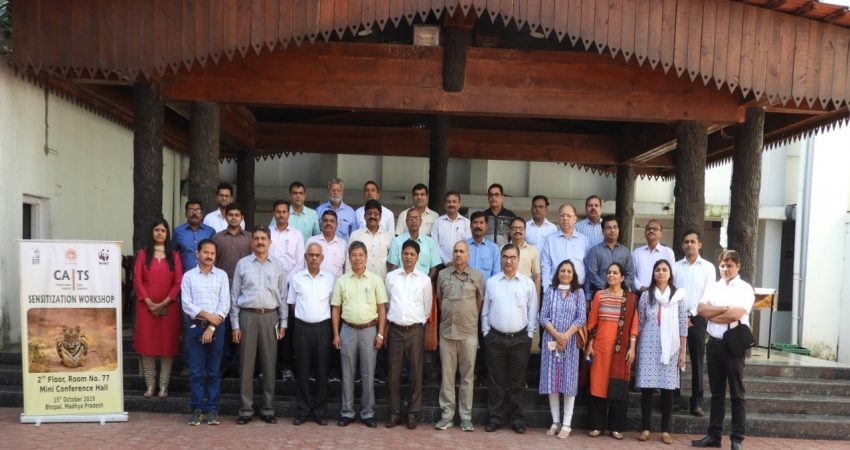
Sensitization workshop on CA|TS in Madhya Pradesh
A sensitization workshop was organized by Global Tiger Forum (GTF) in coordination with Madhya Pradesh (M.P.) forest department and the World Wide Fund for Nature-India (WWF-India) on October 15, 2019, at the RCVP Noronha Academy of Administration, Bhopal. The said workshop was attended by officials from M.P. forest department, GTF & WWF-India,
including site managers of the 24 sites registered under CA|TS in M.P. and independent CA|TS reviewers.
The sensitization workshop was focused on:
- Process of CA|TS assessment
- How to undertake the CA|TS self-assessment form and MEE format
- Provide hands-on training to the site managers on recently launched, “CA|TS log” software
The workshop concluded with the reiteration of inter-agency cooperation, to complete the assessment process within a given timeframe and work continuously to create safe havens for tigers and other wildlife beyond Tiger Reserves and other PAs.
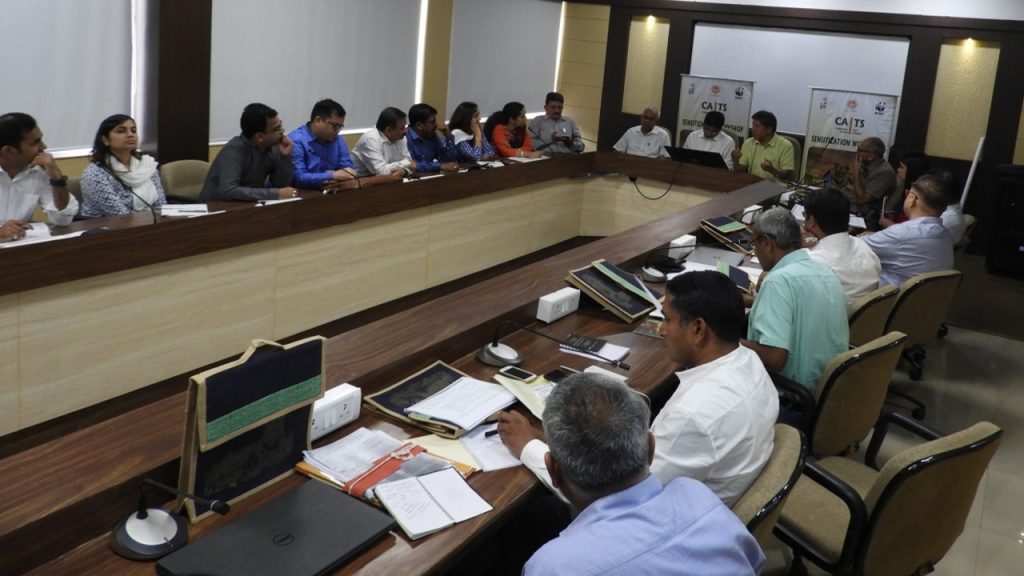
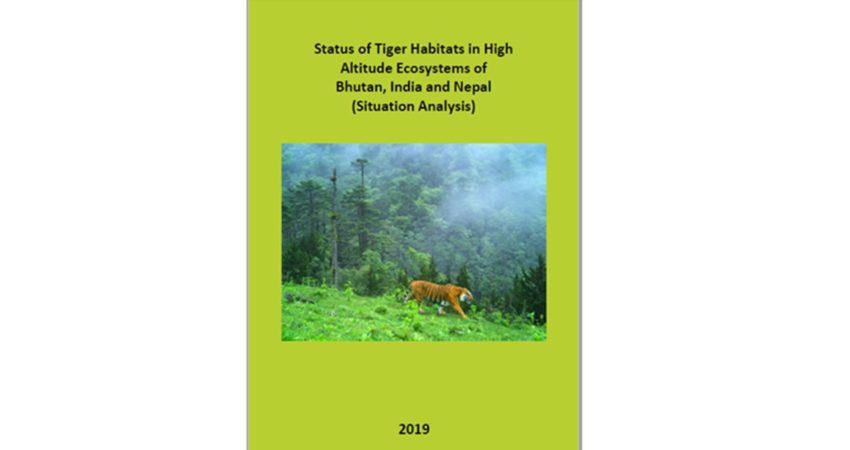
Status of Tiger Habitats in High Altitude Ecosystems of Bhutan, India and Nepal (Situation Analysis)
Tiger habitats in high altitude require protection through sustainable land use, as they are a high value ecosystem with several hydrological and ecological processes providing ecosystem services and adaptation to mitigate the ill effects of climate change. Since several high-altitude habitats in South Asia have the spatial presence of tiger, active in-situ efforts are called for ensuring their conservation.
The instant situation analysis study aims to provide the rationale for stepping up high altitude conservation of the tiger, while identifying possible viable habitats, corridor linkages, anthropogenic pressures, and induced landscape level changes for evolving an in-situ conservation roadmap.
The study, led by the GTF, with range country governments of Bhutan, India and Nepal, along with conservation partners (WWF and country specific collaborators), has been supported by the Integrated Tiger Habitat Conservation Programme (ITHCP) of the IUCN and KfW.
The report for the same is provided below:
Status of Tiger Habitats in High Altitude Ecosystems of Bhutan, India and Nepal (Situation Analysis)
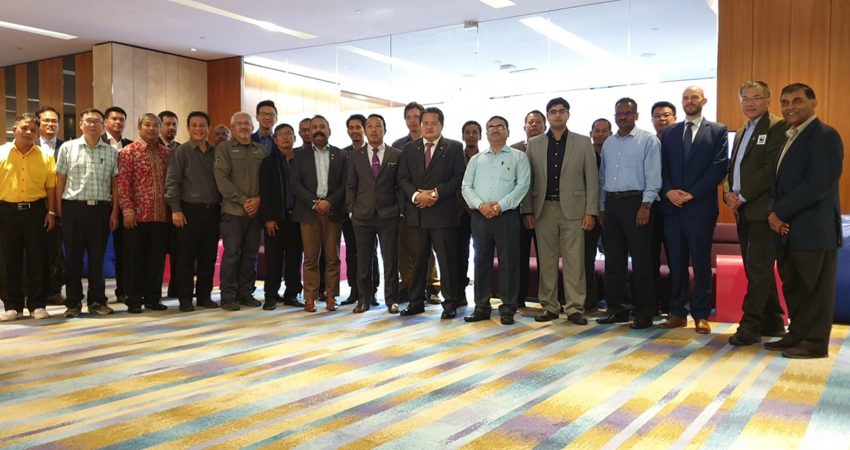
Transboundary consultation between Malaysia & Thailand
The Global Tiger Forum (GTF), in collaboration with USAID and WCT, organized a trans-boundary consultation between Malaysia and Thailand on Addressing Illegal Wildlife Trade and Trafficking at Aloft Hotel, KL Sentral, Malaysia on 7 – 8 August 2019. The workshop was attended by representatives from the Perak State Parks Corporation (Malaysia), Ministry of Water, Land and Natural Resources (Malaysia), Department of Wildlife and National Parks (Malaysia), Department of National Parks, Wildlife and Plant Conservation (Thailand), National Tiger Conservation Authority (NTCA), U.S. Embassy (Kuala Lumpur), WWF, UNDP, TRAFFIC and GTF.
The two-day consultation focused on key areas for collaboration between the two countries, including assessment of tiger/wildlife in the Royal Belum-Hala Bala-Bang Lang landscape, status of wildlife crime across the two countries, past actions, and suggestive framework for trans-boundary collaboration, including draft agreement/MoU between Malaysia and Thailand.
The consultation concluded with a strong commitment from partners for working towards the signing of the MoU between Malaysia & Thailand and strengthening transboundary cooperation towards tiger & wildfire conservation in a global tiger priority landscape.
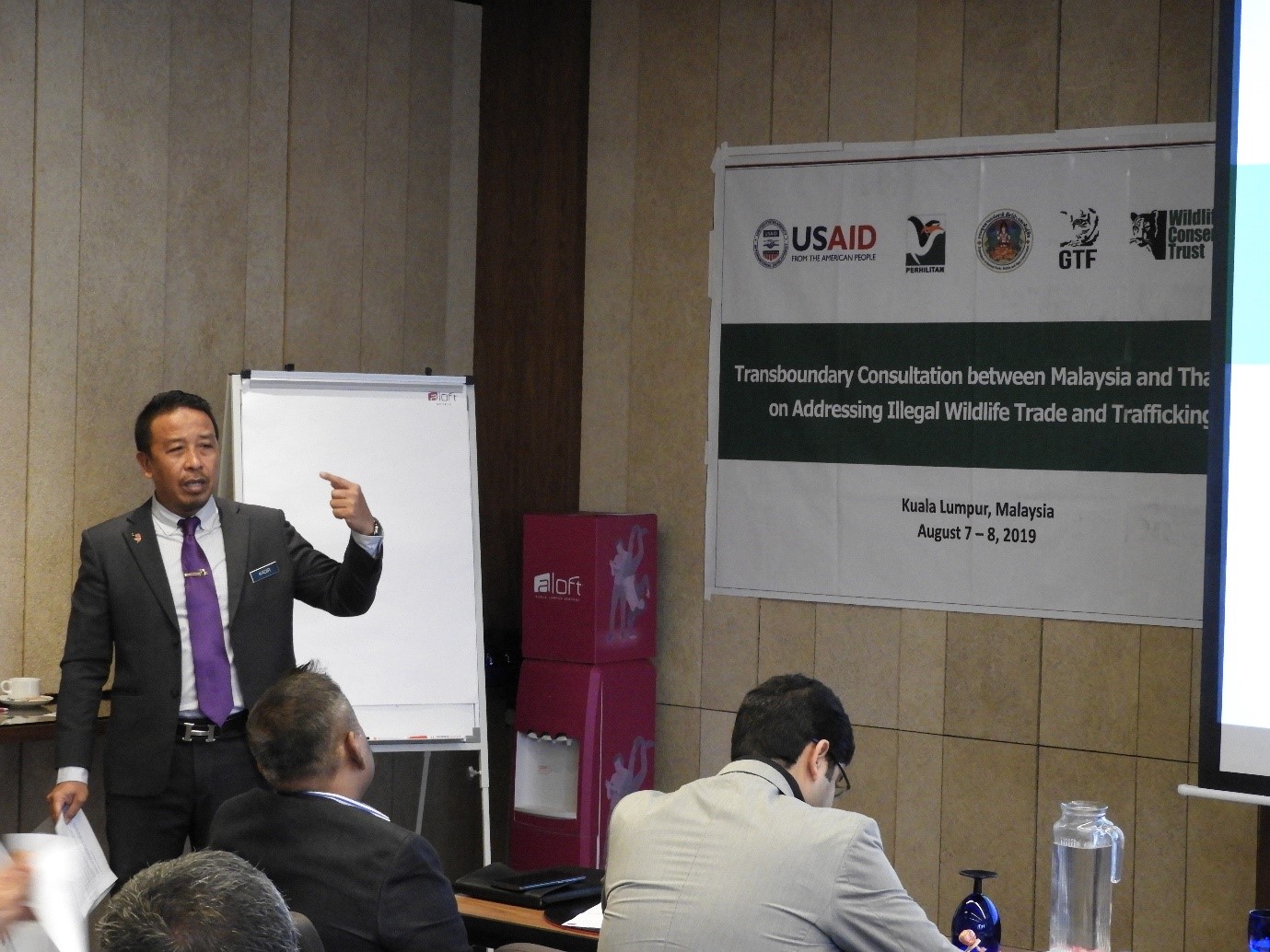
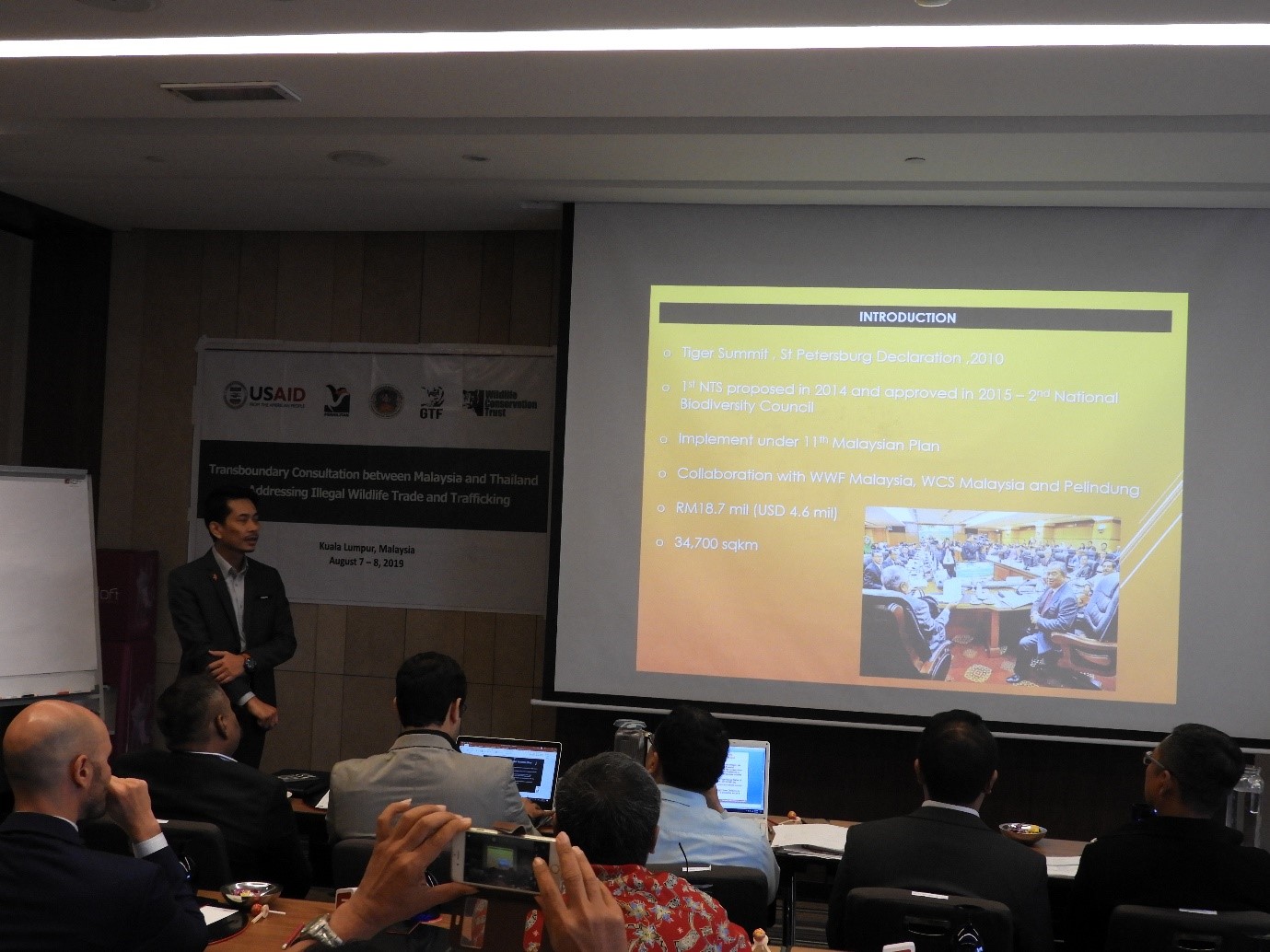
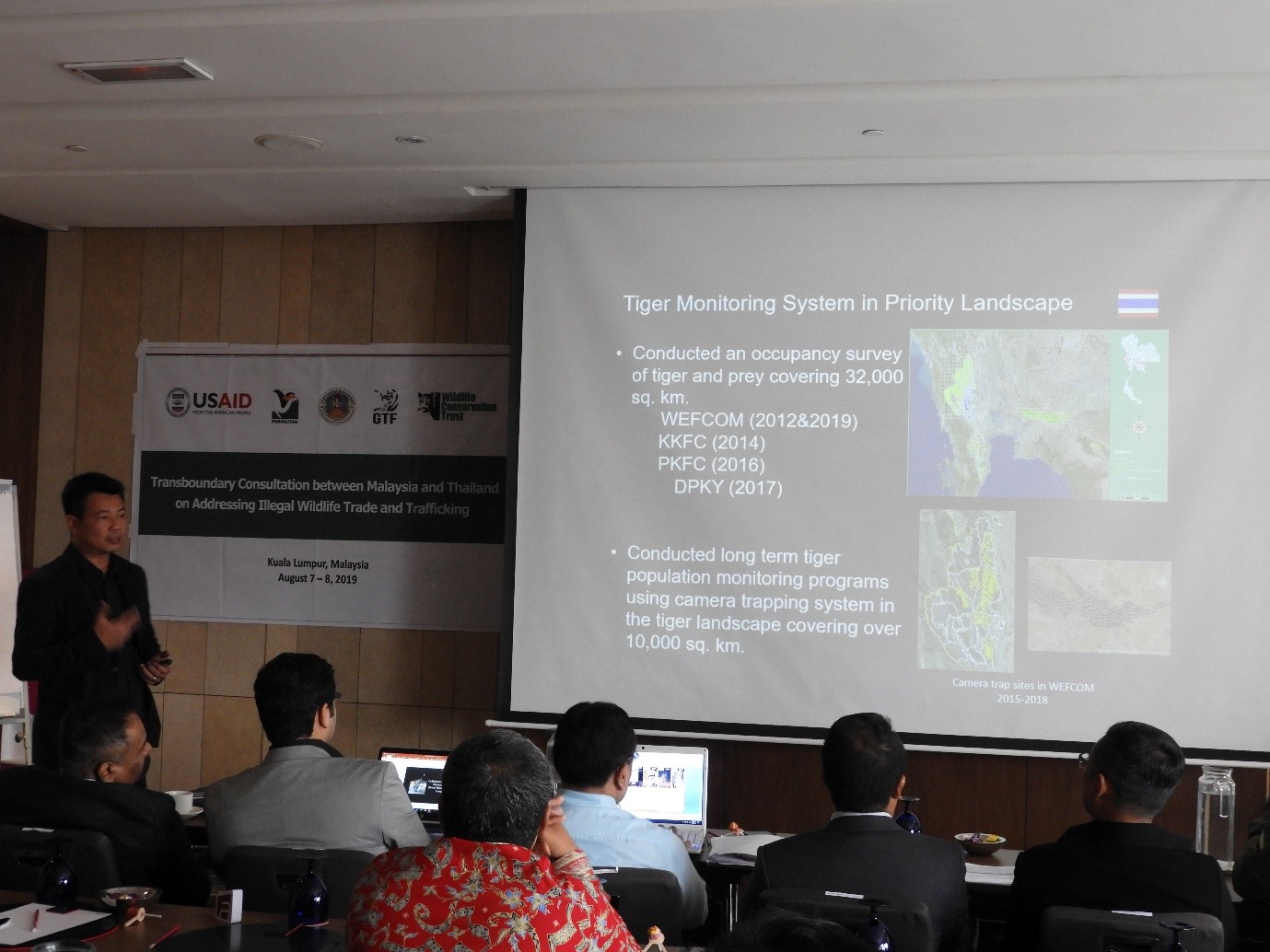
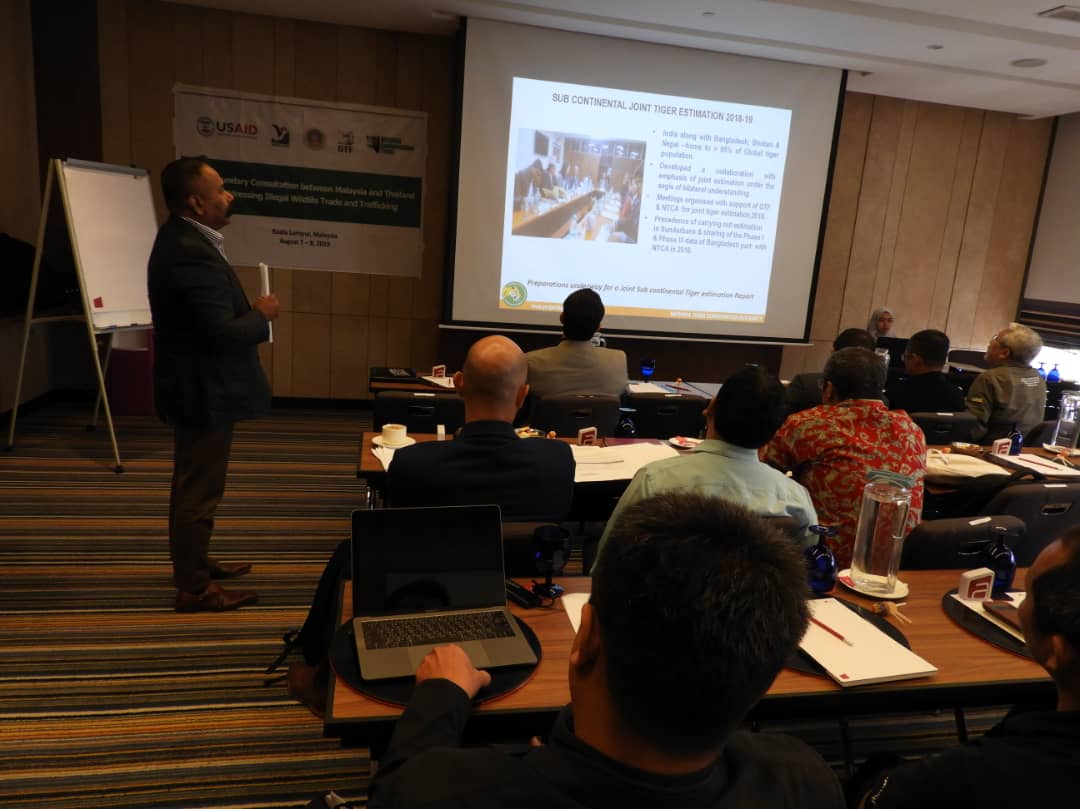
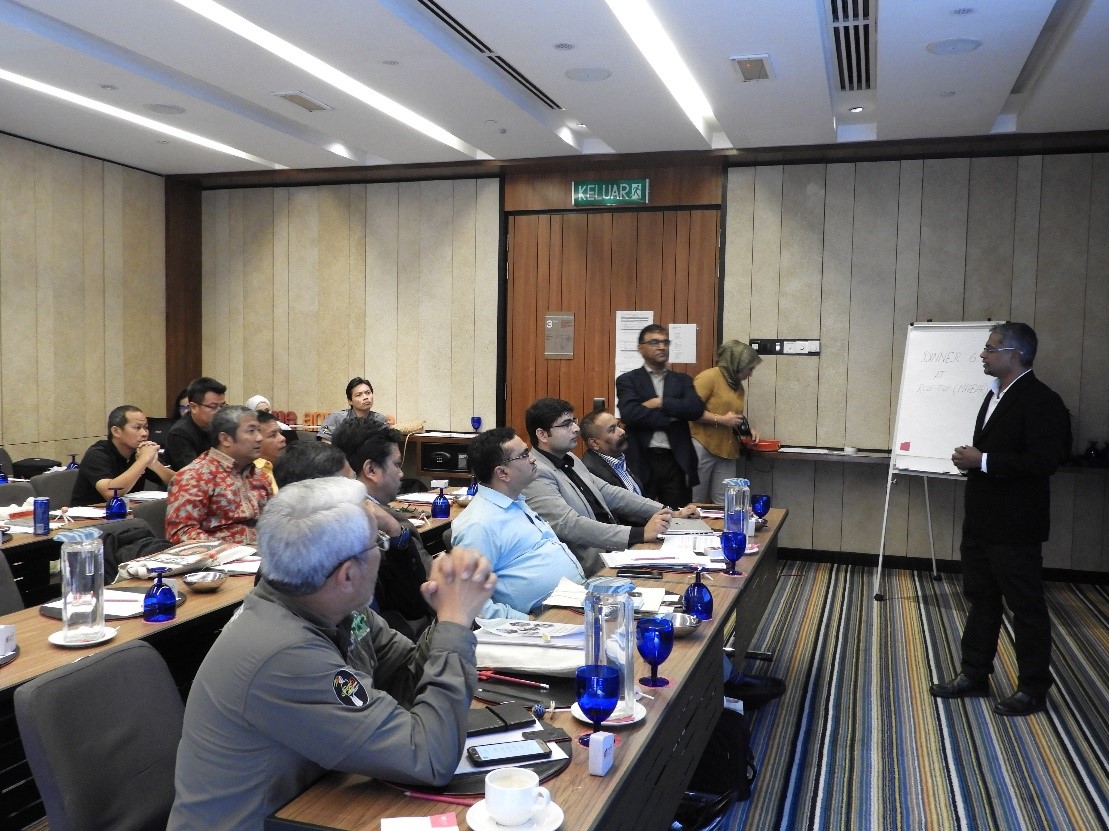
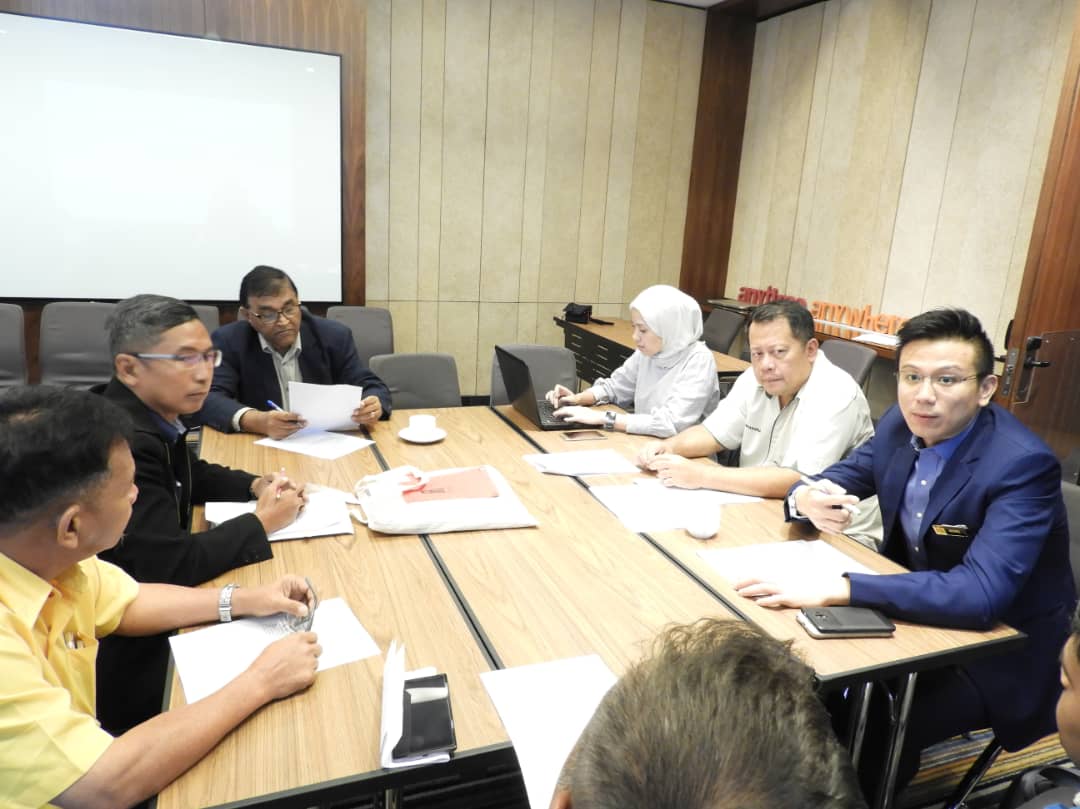
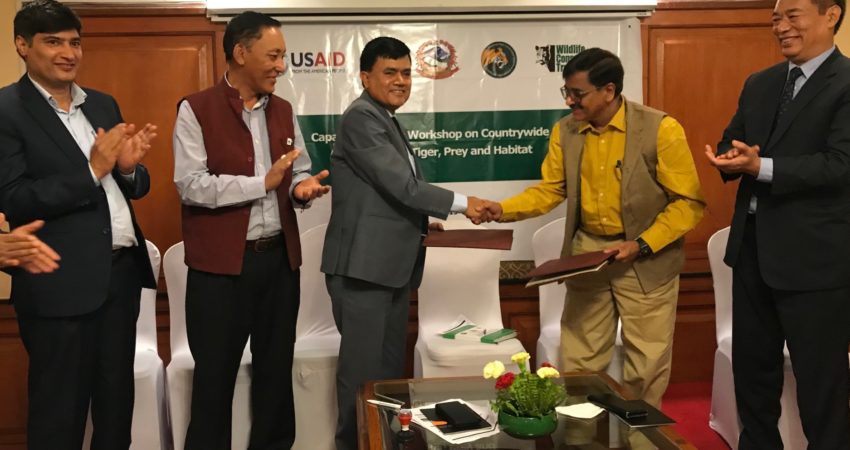
The GTF and the SAWEN entered into an MoU
The Global Tiger Forum, GTF has entered into a memorandum of understanding (MoU) with the South Asia Wildlife Enforcement Network (SAWEN) on 26 July 2019 at Kathmandu. The MoU was singed by Rajesh Gopal, Secretary General, GTF and Man Bahadur Khadka, Director General, Department of National Parks and Wildlife Conservation (DNPWC) in the presence of senior government officials from India & Nepal and representatives from conservation agencies of both the countries during an inauguration ceremony of ‘Capacity building workshop on countrywide assessment of Tiger, Prey and its Habitat’ from 26 – 27 July 2019 in Kathmandu, Nepal.
The MoU between two inter-governmental agencies will strengthen regional cooperation to combat tiger/wildlife crime, facilitate frontline training and capacity building and synergize joint actions with national/state level agencies and conservation partners in South Asia.
Click to read the main article
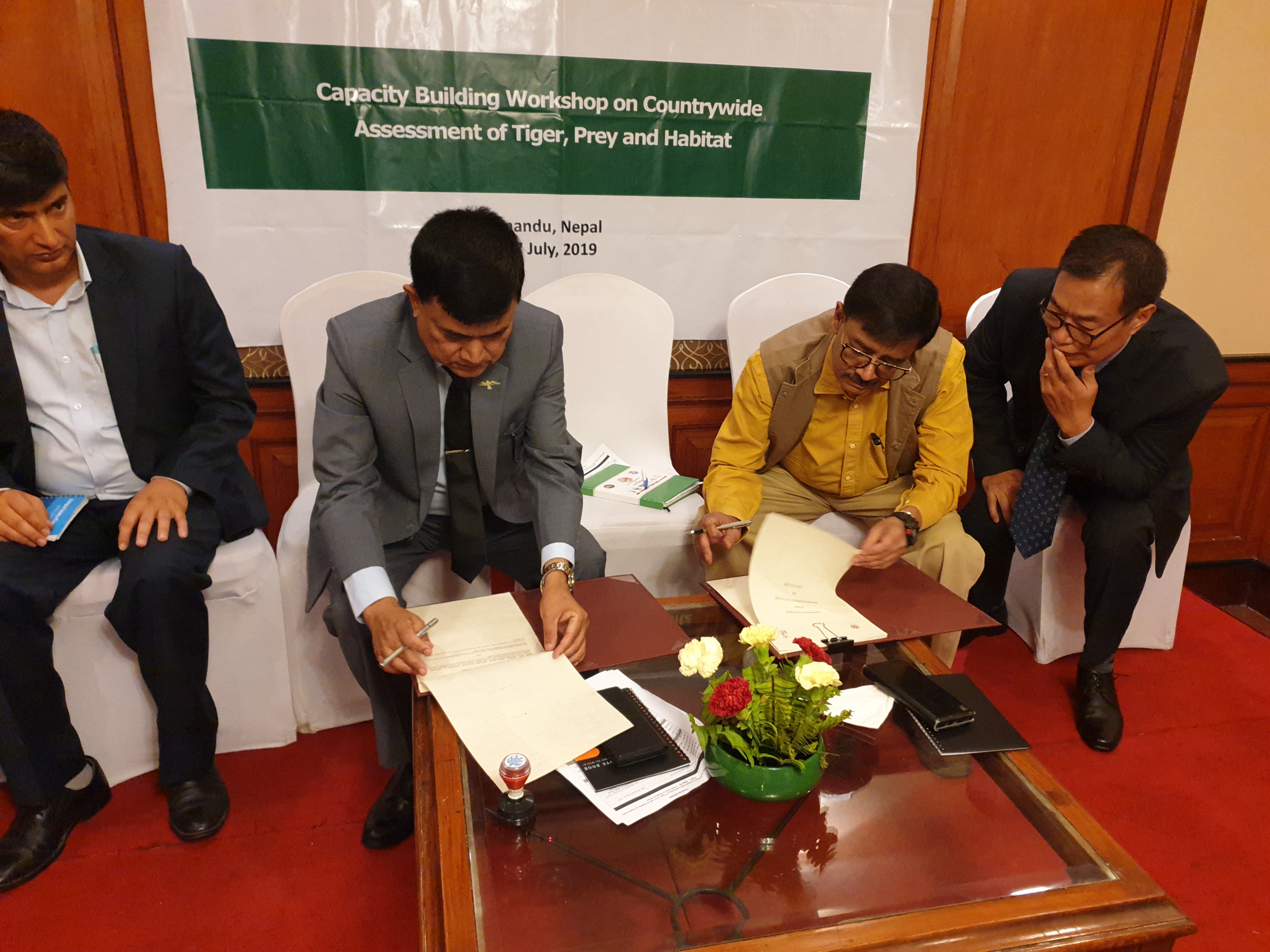
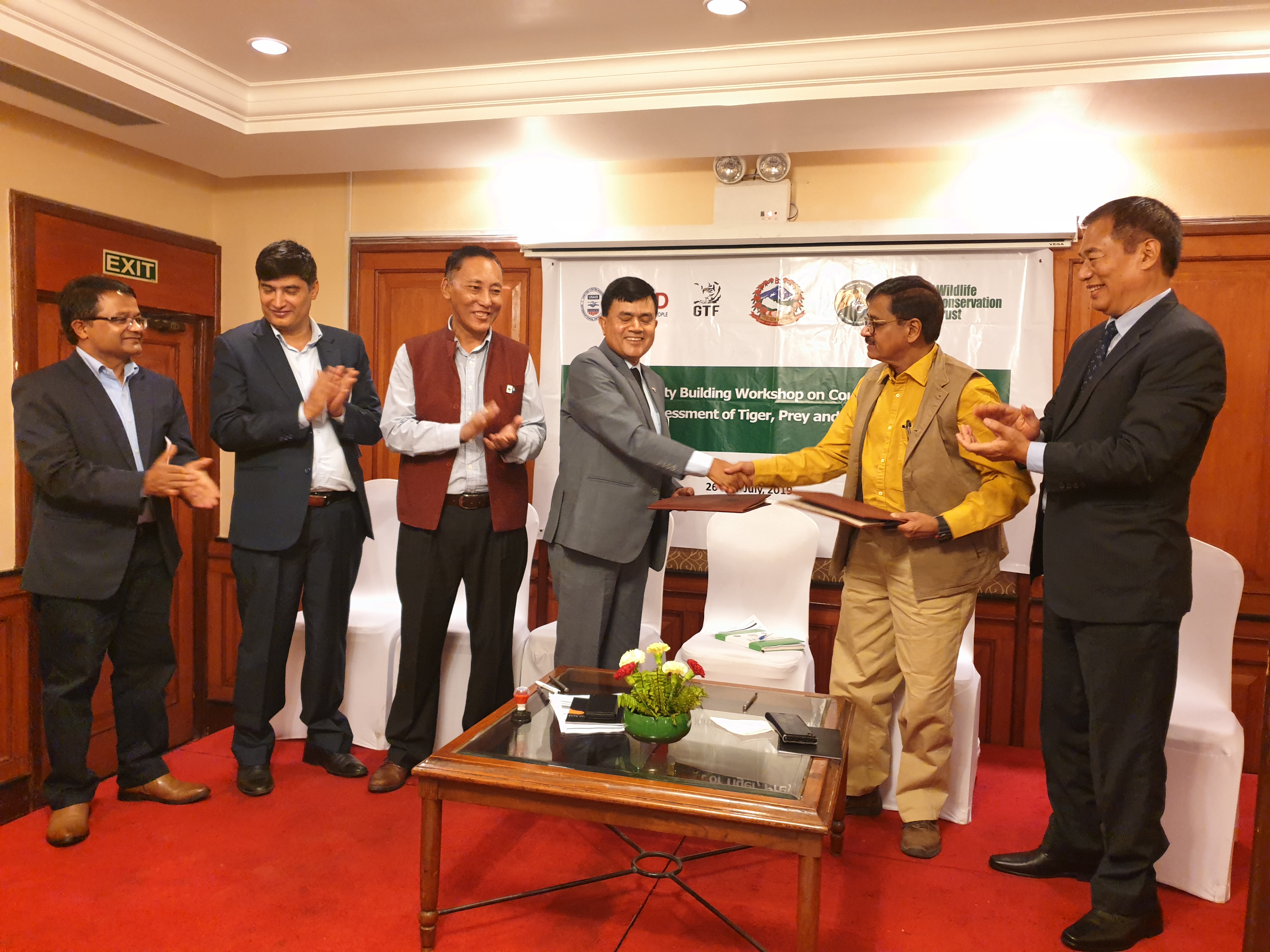
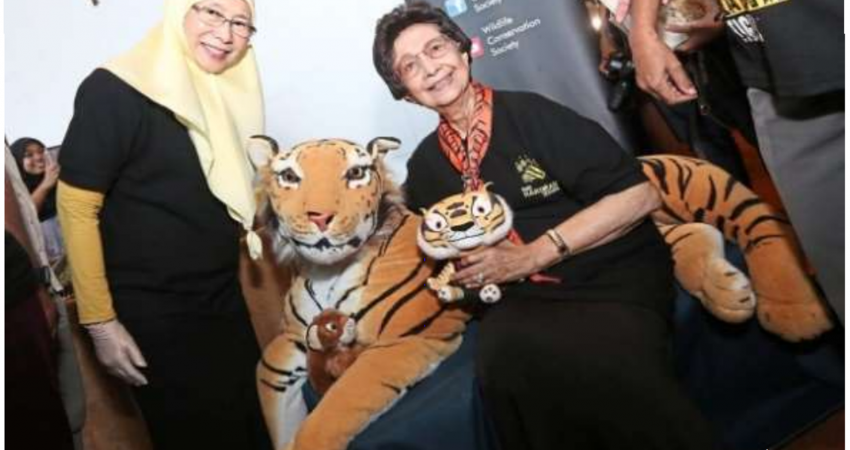
Tables Turned on Poachers
Source: Star online, Monday, 29 Jul 2019, Malaysia
PUTRAJAYA: Two battalions of the police general operations force (GOF) have been directed to assist the Wildlife and National Parks Department (Perhilitan) in tackling poachers, especially those hunting the endangered Malayan tigers, says Datuk Seri Abdul Hamid Bador.
The Inspector-General of Police said one of the battalions, comprising 500 members, would be deployed together with Perhilitan personnel to patrol the forest. Another battalion, he added, would be put on standby.
Both battalions are from Perak Senoi Praaq, the police unit made up mostly of Orang Asli.
Speaking to reporters after the launch of the World Tiger Day 2019 celebration here yesterday, Abdul Hamid said the police were committed to helping the Water, Land and Natural Resources Ministry in tackling the scourge of poaching.
“I am assigning the task to the Senoi Praaq battalions because of their tracking skills and their familiarity with the forest surroundings,” he added.
He said the police, apart from drawing up a standard operating procedure in facing threats from poachers, would train Perhilitan personnel in the use of firearms.
This collaboration followed talks held recently to form a joint action force comprising the police and the Perhilitan to curb poaching and the sale of protected wildlife.
Meanwhile, Tun Dr Siti Hasmah Mohd Ali named three tiger cubs born at Zoo Negara in conjunction with the celebration at the zoo.
The Prime Minister’s wife, who is also the patron of Save Our Malayan Tiger Campaign, named the two male cubs Wira and Hebat, and the female cub Melur.
Also present at the ceremony were Deputy Prime Minister Datuk Seri Dr Wan Azizah Wan Ismail as well as Water, Land and Natural Resources Minister Dr Xavier Jayakumar.
Dr Siti Hasmah also called for the people to work together to protect the Malayan tiger to ensure its population, which now stands at 200, would increase to 500 in future.
According to official data, there were more than 3,000 Malayan tigers in the country in the 1950s.
Dr Siti Hasmah said the Malayan tigers needed to be protected from extinction as the animal was featured in the nation’s coat of arms to symbolise strength.
During the ceremony, she also received contributions amounting to RM1.33mil from private companies, NGOs, universities and schools including the Al-Bukhary Foundation and staff of ministries towards the Malayan tiger conservation efforts.
World Tiger Day is celebrated every July 29 to inculcate public awareness of the importance of protecting, preserving and conserving this endangered species.
At the event, the guests were also treated to a video of two groups of Malayan tigers — a pair of mother and cub as well as a female tiger with her three cubs — roaming in their natural habitat, which was believed to be a national park in Peninsular Malaysia.
The exact location of the national park had to be kept secret to protect the animals from poachers. — Bernama.
Article Source: GTF Newsletter 2019

